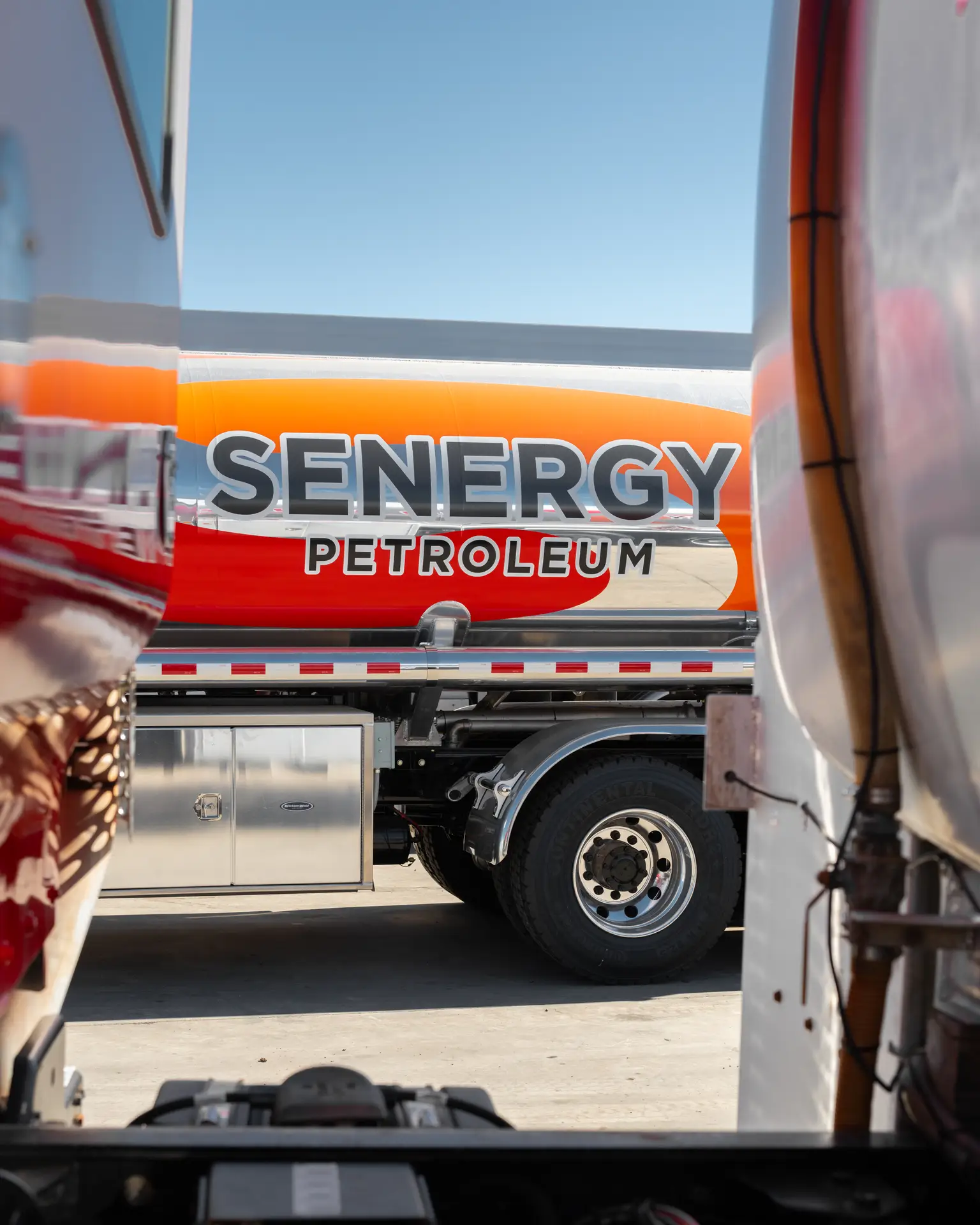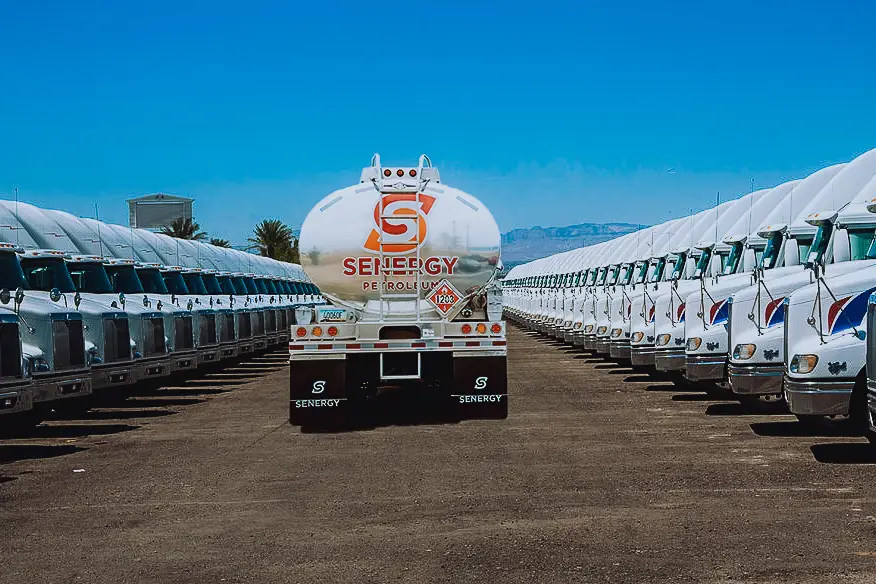How Chemicals Enhance Fuel Efficiency
Gas mileage has become a critical concern due to rising energy costs. As demand grows for efficient fuel technologies, chemical gas additives play a key role in improving engine performance and fuel economy. These additives enhance combustion, reduce engine friction, and prevent harmful deposits, resulting in better fuel efficiency, reduced waste, and increased engine longevity.
Fuel, composed primarily of hydrocarbons, isn’t always optimized for performance. Factors like clogging, deterioration, and storage conditions can lead to inefficiency. Chemical additives bridge this gap by maintaining fuel quality, cleaning fuel injectors, and protecting engines from rust and erosion. They ensure cleaner combustion and support the longevity of both the fuel and the engine.
Modern additives are tailored to new engines, optimizing performance even under demanding conditions. Widely used in vehicles and heavy machinery, these chemicals help companies maximize fuel efficiency and engine durability.
Improved Combustion Efficiency
Gas mileage has become a critical concern due to rising energy costs. As demand grows for efficient fuel technologies, chemical gas additives play a key role in improving engine performance and fuel economy. These additives enhance combustion, reduce engine friction, and prevent harmful deposits, resulting in better fuel efficiency, reduced waste, and increased engine longevity.
Fuel, composed primarily of hydrocarbons, isn’t always optimized for performance. Factors like clogging, deterioration, and storage conditions can lead to inefficiency. Chemical additives bridge this gap by maintaining fuel quality, cleaning fuel injectors, and protecting engines from rust and erosion. They ensure cleaner combustion and support the longevity of both the fuel and the engine.
Modern additives are tailored to new engines, optimizing performance even under demanding conditions. Widely used in vehicles and heavy machinery, these chemicals help companies maximize fuel efficiency and engine durability.
Reducing Friction and Wear
Friction is the most common cause of energy loss in an engine. Whenever two engine components interact, energy is lost as heat, requiring additional fuel to compensate. Over time, friction also causes wear and tear on engine parts, leading to inefficiency and costly repairs. Minimizing friction between moving engine components is a primary function of chemical additives.
Friction-reducing additives, or friction modifiers, work by forming a thin lubricant film over metal surfaces. These additives not only improve engine efficiency but also extend engine life and ensure consistent performance over time. In addition to enhancing efficiency, they protect against corrosion and wear, helping maintain healthy engine components and reducing the frequency of breakdowns and maintenance costs.
In industries where equipment operates under heavy, continuous use, the benefits of friction-reducing additives are especially valuable. They support large fleets and industrial machinery, enabling maximum output with minimal downtime.
Deposit Formation Prevention
The buildup of deposits, such as gum and carbon, is one of the most significant issues affecting engines. These deposits form due to incomplete combustion, which can clog injectors, reduce combustion efficiency, and lower engine output. Over time, deposits can lead to power loss, engine knocking, and increased fuel consumption. Preventing deposit accumulation is a primary goal of chemical additives.
Detergent additives are specifically designed to clean and prevent the formation of deposits in the engine. They work by dissolving carbon and other residues that tend to build up in critical areas like intake valves, combustion chambers, and fuel injectors. By preventing deposits, detergent additives ensure proper fuel flow and maintain the engine’s condition, resulting in cleaner combustion, lower fuel consumption, and better performance.
In addition to improving efficiency, removing carbon deposits helps preserve the engine’s long-term condition. This minimizes costly repairs and reduces the risk of premature engine failure. In industries such as transportation and heavy equipment, where repair costs and downtime can be substantial, preventing deposits is a critical component of cost-effective maintenance and fuel efficiency.


Optimizing Fuel Efficiency Through Chemical Additives
Business accountability for fuel consumption is a major concern for companies across industries. Fuel chemical additives serve an essential purpose: improving fuel efficiency by supporting complete and clean combustion. By enhancing combustion and reducing friction, these additives help minimize the release of undesirable byproducts such as nitrogen oxides (NOx), carbon monoxide (CO), and particulate matter (PM).
Certain additives are also designed to regulate sulfur content in fuel, improving performance and ensuring engines run efficiently. By reducing the amount of fuel required for operations, chemical additives enhance productivity while decreasing wear and tear on equipment. They play a critical role in supporting the efficient use of resources and optimizing fuel-dependent processes in the energy sector.
Energy Sector Solutions and Future Trends
As the energy sector evolves, solutions that prioritize efficiency and cost-effectiveness are becoming increasingly critical. Chemical additives have proven to be indispensable in enhancing fuel efficiency, optimizing engine performance, and reducing fuel consumption. In the years ahead, advancements in chemical additive technology will continue to influence how fuel efficiency is achieved, with innovations in blending additives into various fuel types.
These additives will remain a vital tool for maximizing fuel performance and supporting the operational needs of industries reliant on fuel. Their continued development will ensure engines operate at peak efficiency, helping businesses achieve greater productivity and cost savings.



